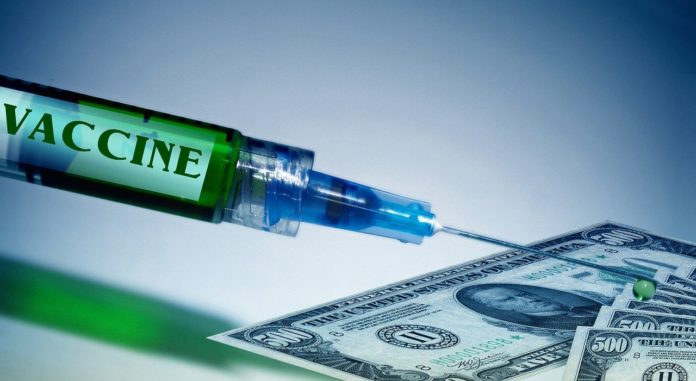We spoke to Fatima Hassan, founder and head of the Health Justice Initiative (HJI) on what South Africans need to know about the vaccine.
Read more: What vaccine hoarding will mean for international travel
What would you say is the most important thing that South Africans need to know about the COVID-19 vaccine?
There’s over 200 different vaccine candidates being researched. There’s only a few that are in the advanced clinical human trials phase. There’s only one that has so far has been authorised to use and is being rolled out in the UK. There are different aspects to vaccine nationalism. We can only use a vaccine if it’s clinically approved, and it goes through all the different regulatory steps [in South Africa].
There’s about three or four other candidates. Their preliminary indications are showing that they may get into the queue quite soon for approval. So those candidates could be approved for use and rolled out in other parts of the world. We’ve got four clinical trials happening in South Africa. We are using South African subjects or trial participants, universities and the government has put money on the table. Those trials are AstraZeneca/Oxford Group; Johnson and Johnson; Novavax; Pfizer/BioNtech but we have no guaranteed access for South Africans.
It contributes to the overall dossier of effectiveness but it doesn’t necessarily mean that anybody in Africa will be guaranteed supplies. Then there are those companies which have spent billions researching the vaccine. They’ve developed patents. With the patent you determine the price and you determine whether somebody who has the capacity to copy your vaccine can make a version of it. Each company has a different position. Some say we’ll do non profit-pricing until the pandemic is over. Some say we’ll do a tiered pricing structure. So it’s exercising a monopoly during a pandemic meaning you determine everything. So you determine whether you’ll give anyone the technology.
In October, South Africa and India proposed to waiver some intellectual property rights on the vaccine. This waiver would allow countries to choose not to grant nor enforce patents on COVID-19 drugs and vaccines. It would make it more affordable and accessible.
Here’s what you need to know about COVAX:
Where does South Africa stand in all of this?
There was a perception that if the university was involved (Wits University, Oxford University etc) the public would be able to access it but that’s not what’s happening. The fast moving goalposts keep shifting. With all these global developments the South African government is doing amazing work globally but locally hasn’t passed the laws to fix the Patent Act. Since March the government has been telling you what to drink, when to drink it and when to exercise, but we need to expedite the amendments to the patent act.
There should be no patents during a pandemic, especially no patents on something the public should be co-owning because public investment was involved. There are many reasons why we need a better patent examination system.
There is a need for a global equity allocation plan. At the moment there is a global wealth plan. It’s not based on equity and need. As the HJI we are saying that all of these things are happening, but we have no communication from the government. We are concerned in SA that we have a two-tiered health system. The people who have insurance or are very rich are going to get vaccinated first. Then the domestic worker and security guard will be vaccinated last because they rely on the public health service.
We’ve asked the government where their equity access allocation plan is for who will get vaccinated. We can’t have a public and private sector plan because then they will buy up whatever limited stock is available for developing nations. You won’t get vaccinated based on your health needs but rather if you can drive to a pharmacy for a shot. We don’t want that localised inequality to be playing out in South Africa. But South Africa needs to pass the necessary laws and follow steps.
There is a lot of public anxiety and if you don’t want the public to be anxious and hesitant about the vaccine, you need to have stakeholder engagement and regular communication. The government’s doing a great job in Geneva, but not doing a great job here of telling us what’s going on.
Is the vaccine going to end the virus?
Currently in most parts of the world, it’s the non-pharmaceutical interventions [that’s going to help us]. We have to wear the masks. We’ve got to social distance and not have large gatherings. We got to wash our hands.
We basically got to change the way we live for at least the next few years. We could have a repeat voluntary lockdown and a repeat compulsory lockdown. The vaccine is way off and even if we’re able to get our hands on the vaccine that’s for maybe 10-20% of the population. The problem is that a few countries have bought up more than half the world’s supplies. That means you have to continue wearing your masks.
This interview has been edited for clarity and brevity.









